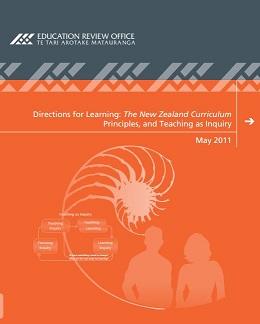Partnerships between home and community
Published: 04 Sep 2017
This school seeks every opportunity to connect with the groups within its multicultural community to support those groups to connect to one another as well as engage with the school and their children’s learning.
- Audience:
- Education
- Parents
- Schools
- Content type:
- Research
- Topics:
- Improvement
- Relationships
- Evaluation indicators
- Leadership
- Video
- Improvement in Action Te Ahu Whakamua







